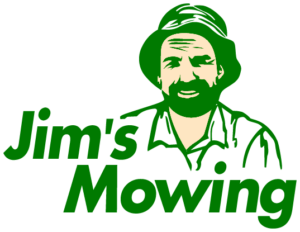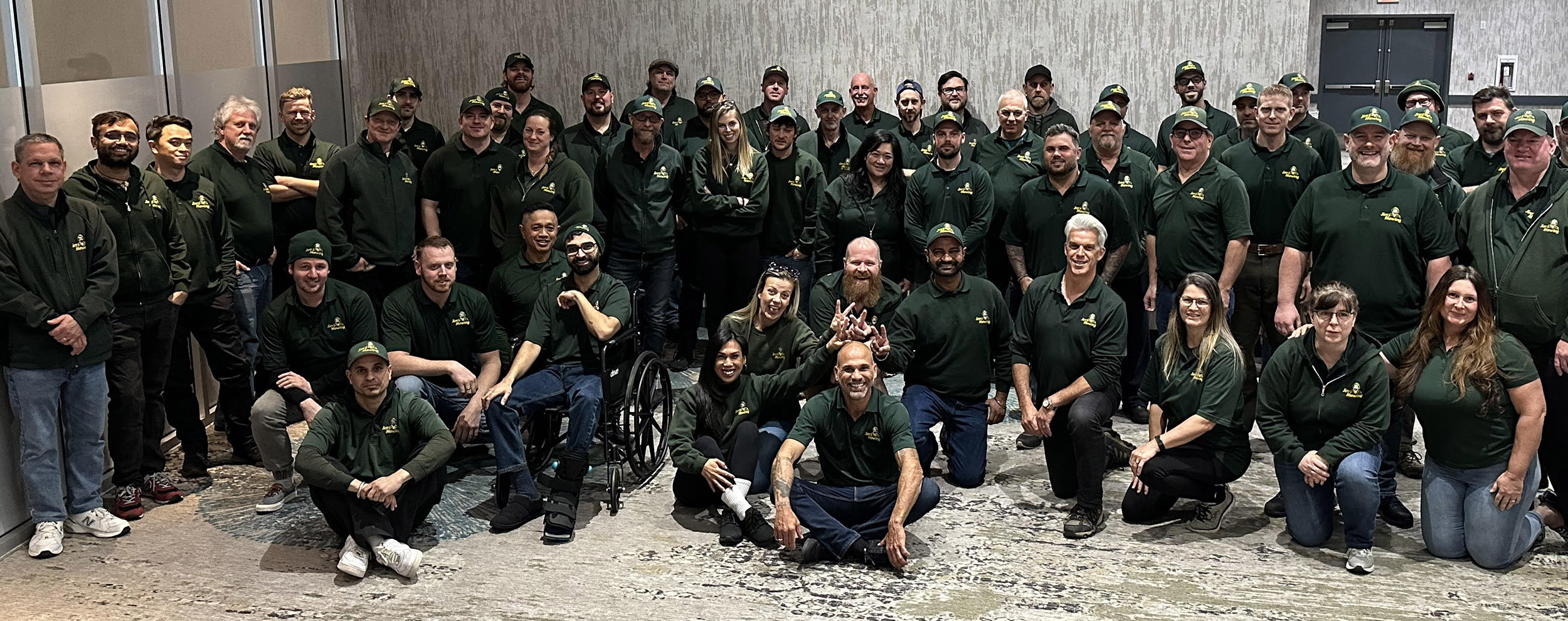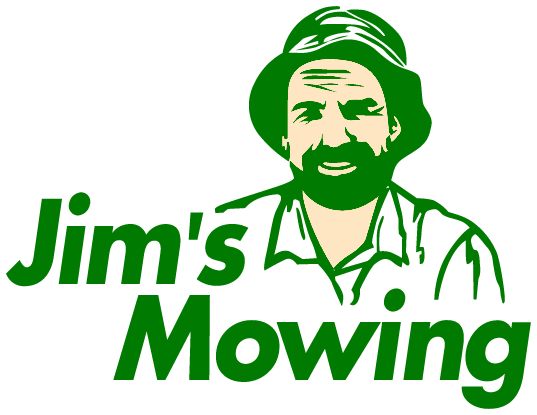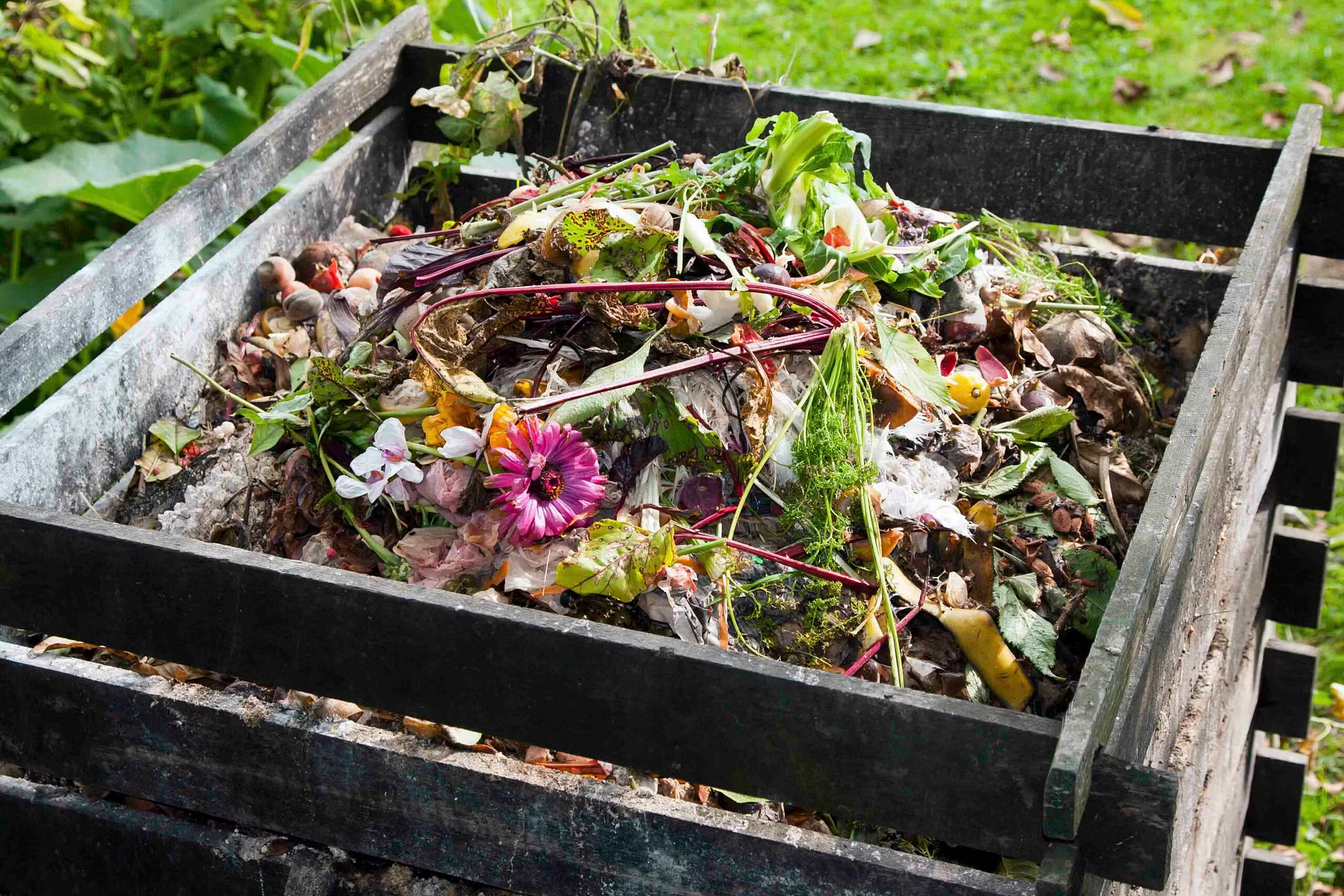
Compost bins are a great way to recycle waste from around your home from food scraps, paper, cardboard and garden waste. Best of all it is a great natural fertilizer for your gardens. You are in control of what goes in, and what is added to your garden, which is important especially if you are growing your own fruit and vegetables.
There are several designs including;
- Enclosed Bins which are ideal for smaller yards, food scraps and limited garden waste. This compost bin will take longer to break down than other types but its low maintenance and lid keeping out animals makes it a popular choice.
- Tumbler Bins also great for smaller yards with its neat design suitable for food scraps, cardboard and garden waste. As the name implies these bins can be tumbled, aerating the compost which helps to speed up the process.
- Worm Farm are compact and can be stored almost anywhere worms will enjoy your food waste and some paper. Worm farms need more care as worms need to be kept at a cooler temperature no high than 25 degrees and need to be in a moist environment. The benefits are a rich organic fertilizer which your garden will flourish in.
Where to place the Compost Bin?
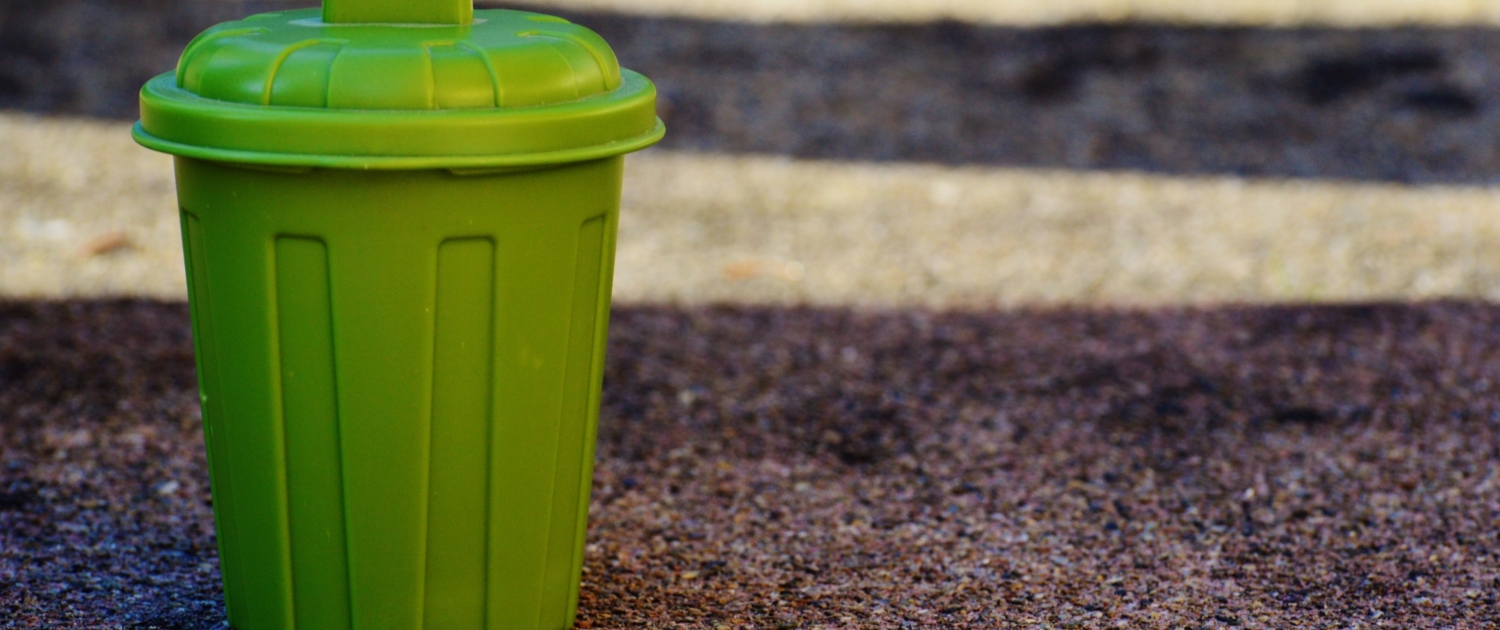
Bins should be placed in a shady area as too much sun will dry it out. But consideration should also be given to how close it will be to the house and entertainment spots; as the odor can be off putting.
What can go in my compost bin?
Placing materials into the bin should be layered in brown and green waste. Brown Waste items include: moistened cardboard, hay, dry leaves. Green Waste materials are fruit & vegetable scraps, and garden waste. As a general rule, should be 2 parts brown to one part green waste to insure a healthy bin. Other materials that can be placed in compost bins for example are cardboard, paper, straw, teabags, eggshells and lint from dryer or vacuum.
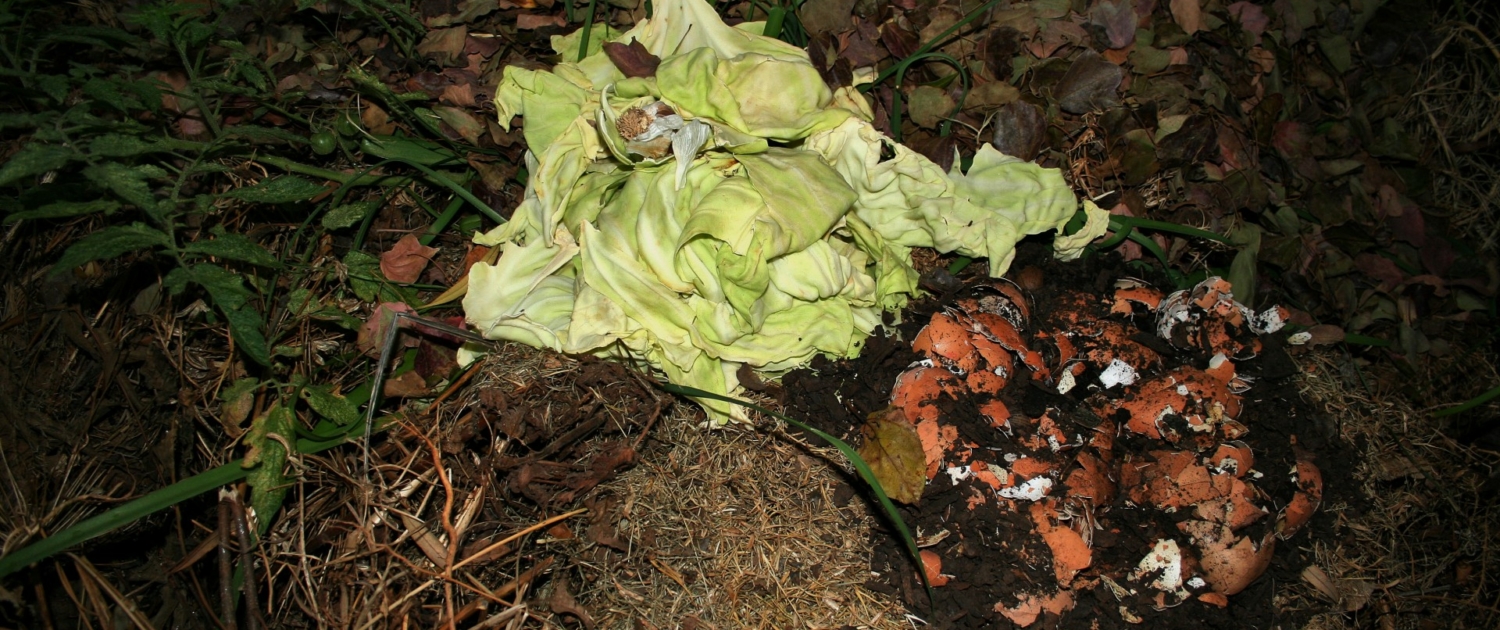
What NOT to put in my Compost Bin?
Some items that do not belong in the bin including meat, dairy products, fats, oils and charcoal.
Do I need to Water Compost?
Make sure your compost bin has some moisture – but is not overly wet – it needs moisture to help decompose the materials. A light spray with the hose or a litre of water if it is looking dry will suffice.
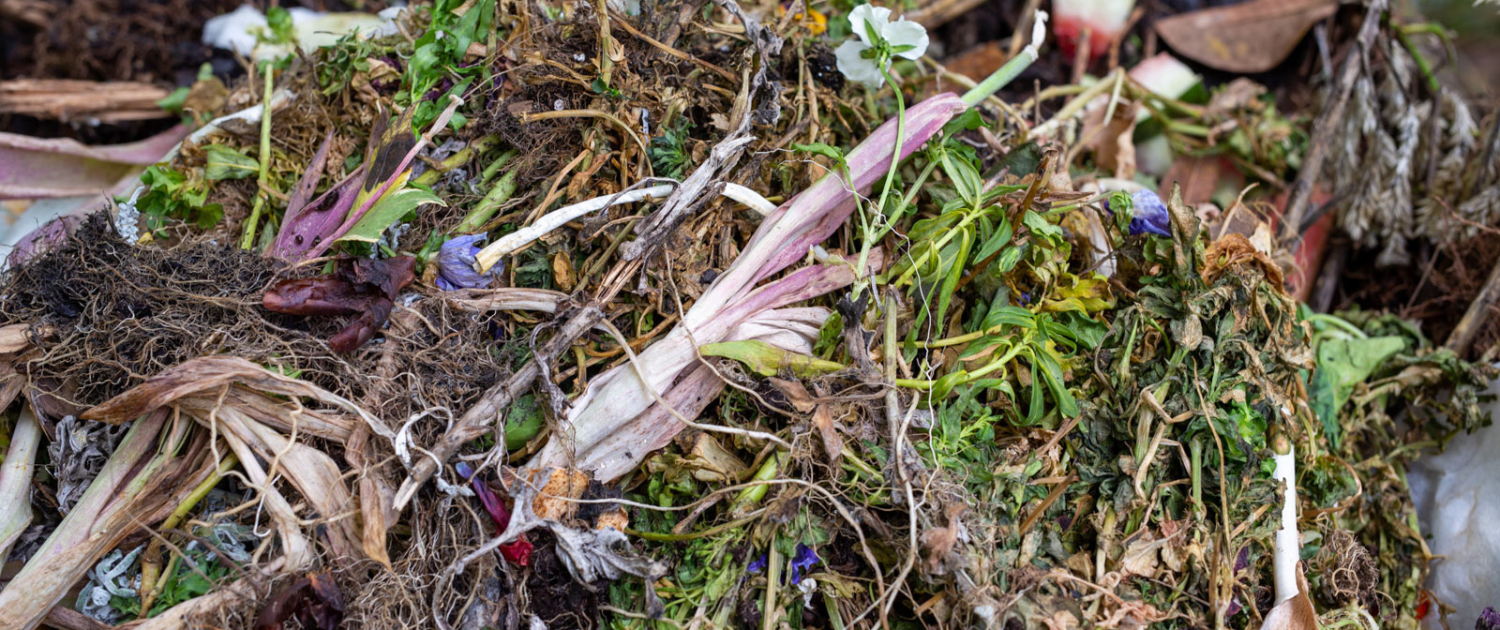
How Often Should Compost Be Turned or Aired?
Once a week turn the pile over. If you do not have a tumbler, use a shovel or pitch fork for this process. This will allow oxygen into the bin to help with the decomposing.
How Will I know When the Compost is Ready to Use
Compost should be ready to use once the materials are unrecognizable and the pile is a dark brown with an earthy odor.
Start working with the best and most trusted lawn care contractors in British Columbia today. Call Jim’s Mowing at 310-JIMS or book a FREE QUOTE online today!
